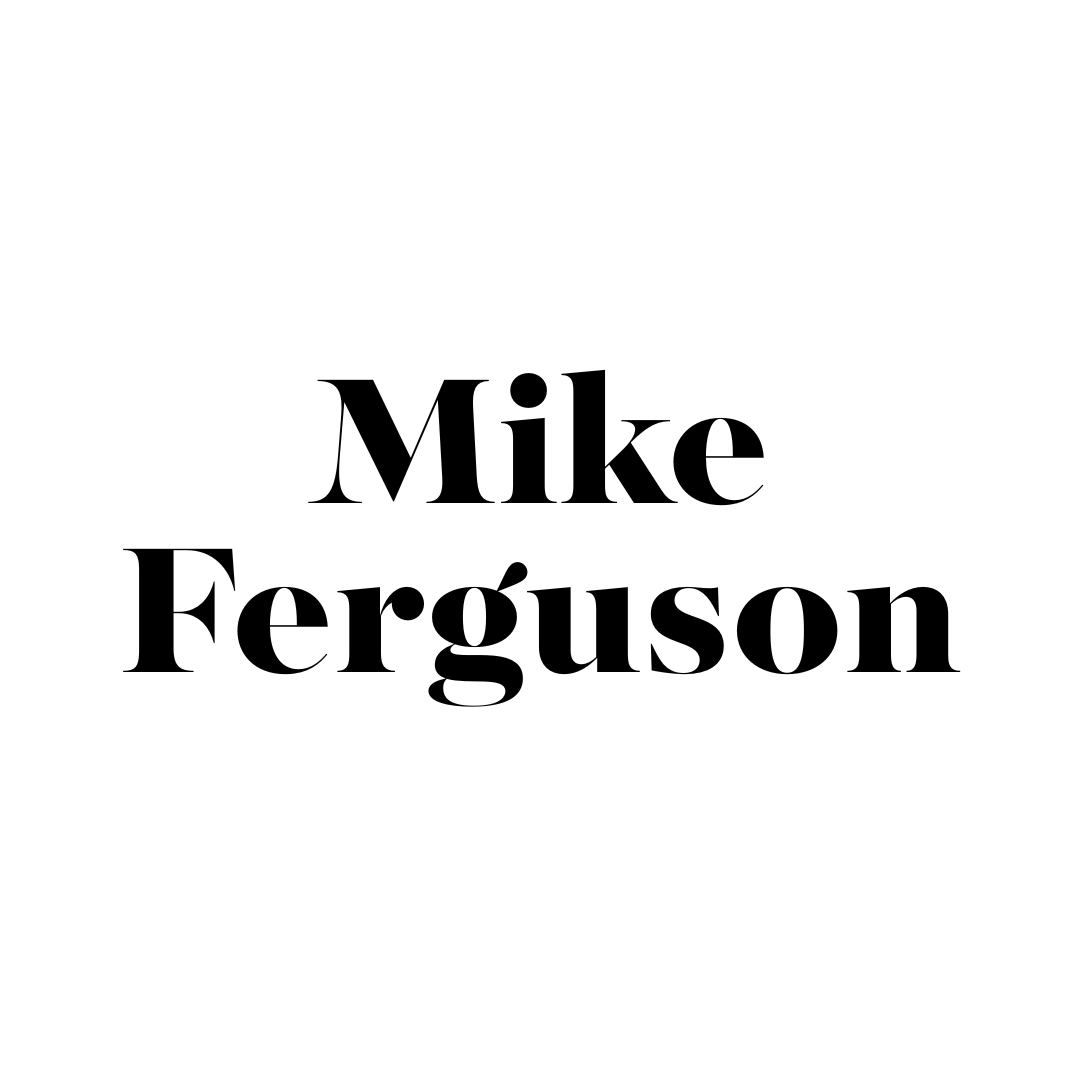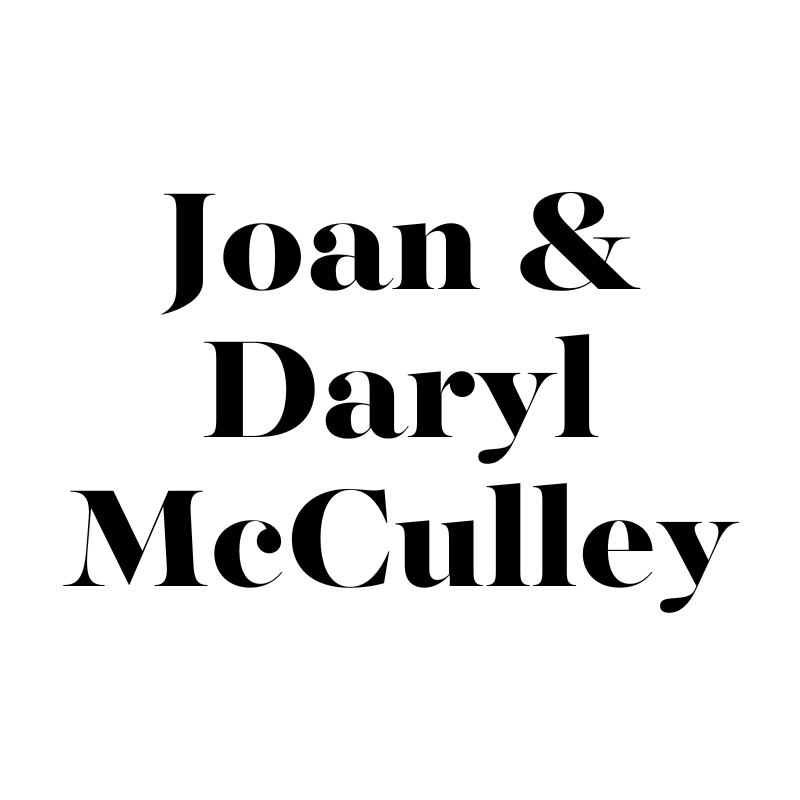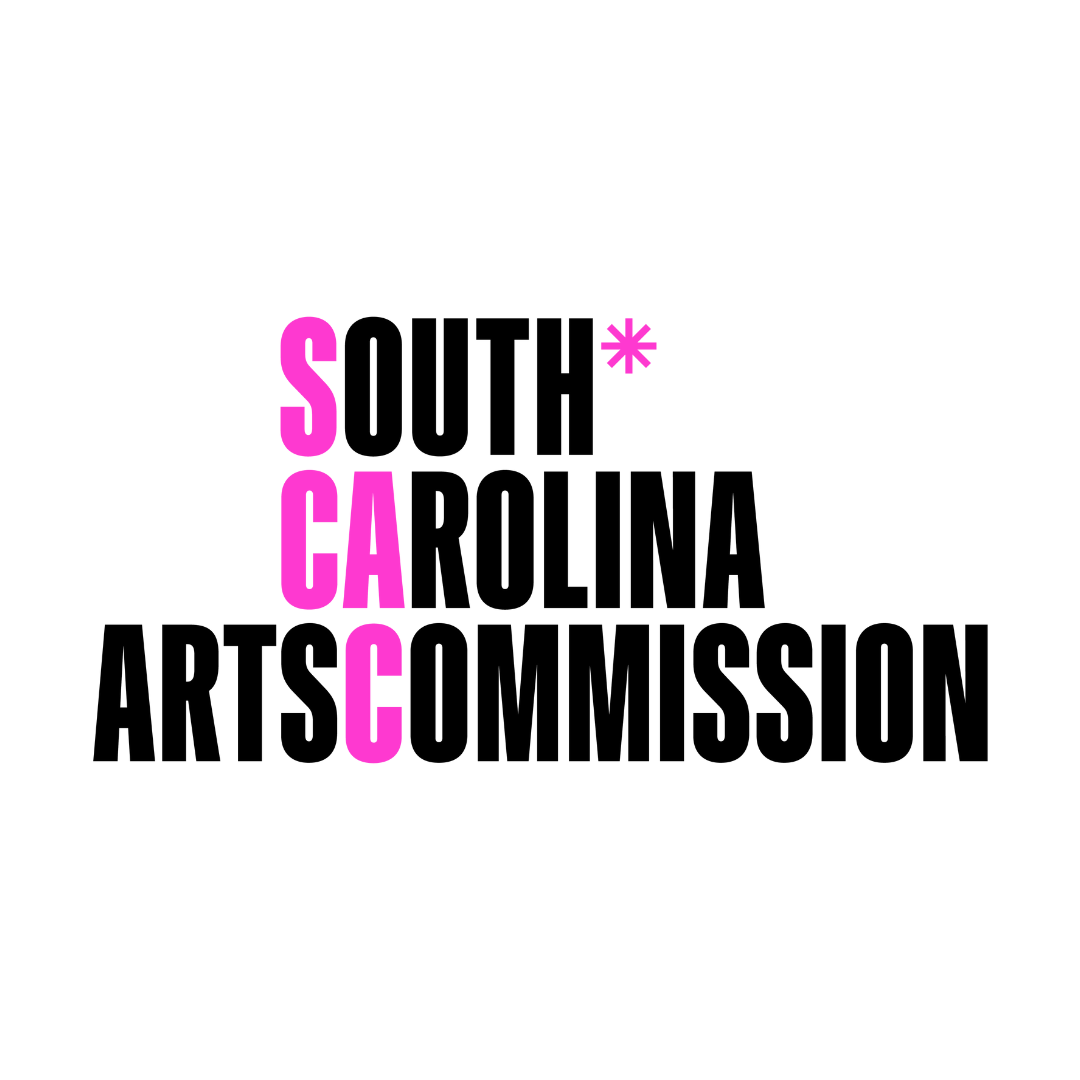Conversations: Monica L. Patton
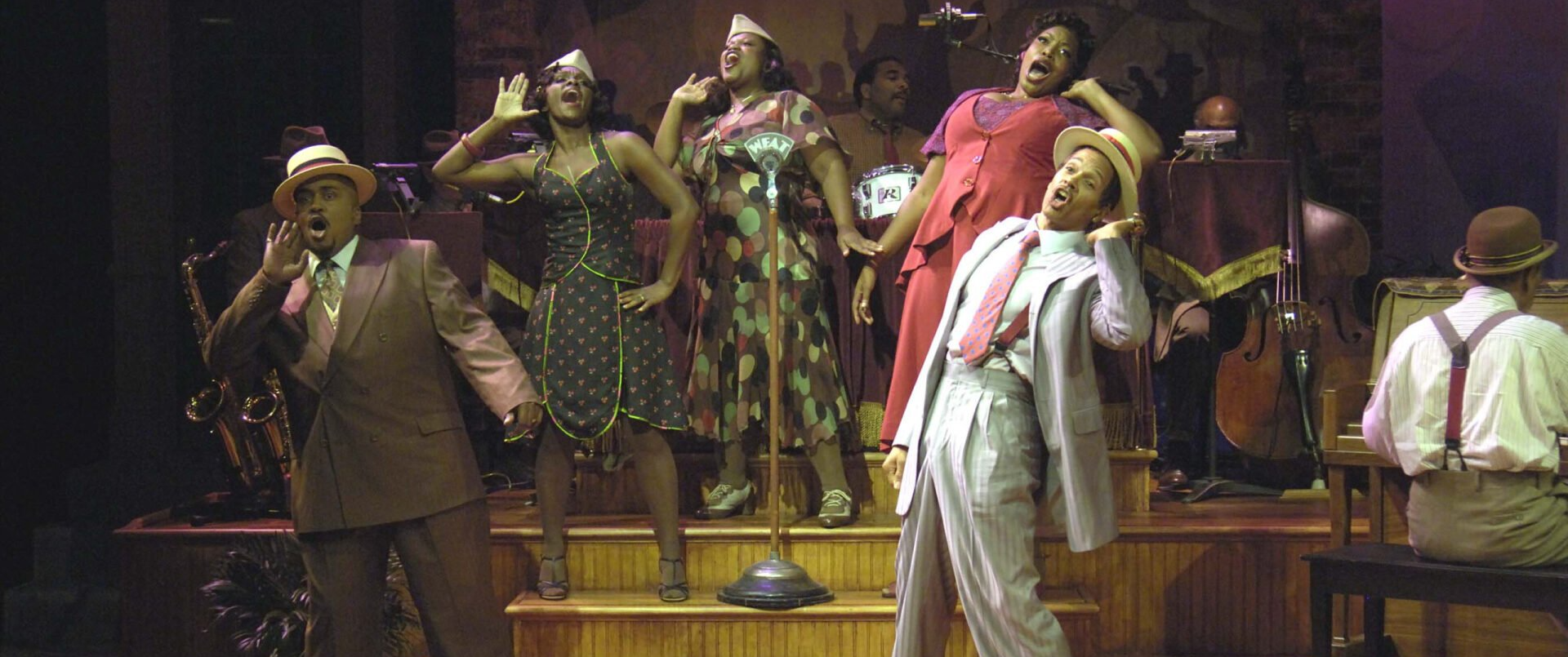
Ragtime & The Path to Broadway: A Conversation With Monica L. Patton
In preparation for our production of Ragtime, we sat down with original Ragtime cast member Monica L. Patton for a conversation about Ragtime, art, and building a career in the theatre. Ragtime will run on the Harbison Theatre stage November 11-13. For more information on ticketing and showtimes, visit the show's page here.
Monica, thank you for joining us this afternoon! I’m excited to have the opportunity to chat with you and share a little bit about your experience with our audience.
No problem! I’m happy to do it.
So I want to start off with the basics. Did you always know you wanted to be in the theatre?
I wanted to be two things as a child: either a singer or a butterfly (laughter). As much as I travel I feel like I’ve achieved both.
(Laughter) That makes sense. So how did you go from singer/butterfly to getting involved in theatre?
I was always very creative and artistic. I used to write poetry and I was very introspective as a kid. My mom was a retired social worker at a mental hospital - so in our house we were often asked why we did what we did. We were introspective and I knew that creativity was my happy space.
I come from a very blue collar working class background in Ohio - they all worked at Chrysler or Ford. They were all very intelligent but working class, so they were creative but never really pursued it. When I chose the arts path - they said: ”Go forth. We don’t understand it, but go for it and keep doing what you're doing.
That’s great that you had such support. How do you think it impacted you having the support of your family as you pursued your career?
It was huge. When you’re a child you're at such an impressionable age - you may have a lot of dreams but they aren’t tangible without positive guidance. We are all nature and nurture, and you need someone to nurture you to be your best self, to be courageous - being an artist is courageous. I look back, and I was rarely unemployed for someone who’s a freelancer, but I made the decision that this is what I’m going to do. I have to be that journeyman and work towards that goal and put myself on the line.
As an artist you’re a hero - to get out in front of thousands of people and pour your heart out - that starts young. People that are nurturing children and telling them that when they fall to get up it's okay - and when you fall to get up. We need people like that.
So how did you get from Ohio to New York?
That’s easy - you just hop on 80-E and keep driving. (laughter)
(Laughter) Okay that’s fair. Better question: how did you decide to move to New York to pursue the arts. Tell me about that journey.
Well at first I was classically trained in voice, and I thought I was going to sing opera - I was enamored with the life. I wanted the furs and the Svengalis (laughter). My mom took me to see Carmen and it was too boring so I went to school for dance instead. To graduate from dance school in my last year I figured out I would have to stay another year just to study Spanish - but that didn’t seem worth it. I had friends who skipped school and were already building careers, so I moved to Chicago to get started and started apprenticing with Joseph Holmes Chicago Dance theatre. Chicago Dance theatre.
And I had always been strategic with my summers. I had built up my resume in college, so after working in Chicago and having these internships I was set up to move to New York and I got cast in a tour of Oklahoma. From there it was like - boom boom boom.
I got to New York in the early 90’s and commercial/corporate theatre was just about to explode. When I went to get measured for Ragtime we were measured at the Gershwin Theatre and I was like - this is crazy! Back in the day you auditioned on Broadway stages you were in the actual theatre. I remember I had an audition for Victor Victoria - I was 5 2’ standing up against 5 10’ and 6 ft. I think they kept me because they thought I was cute!
(laughter) It was right on the edge where the theatre got very corporate. A lot of good things came with that like pension, vacation, and sick time, but we definitely lost some of the energy. Back then it was the Wild West and you were just running from show to show.
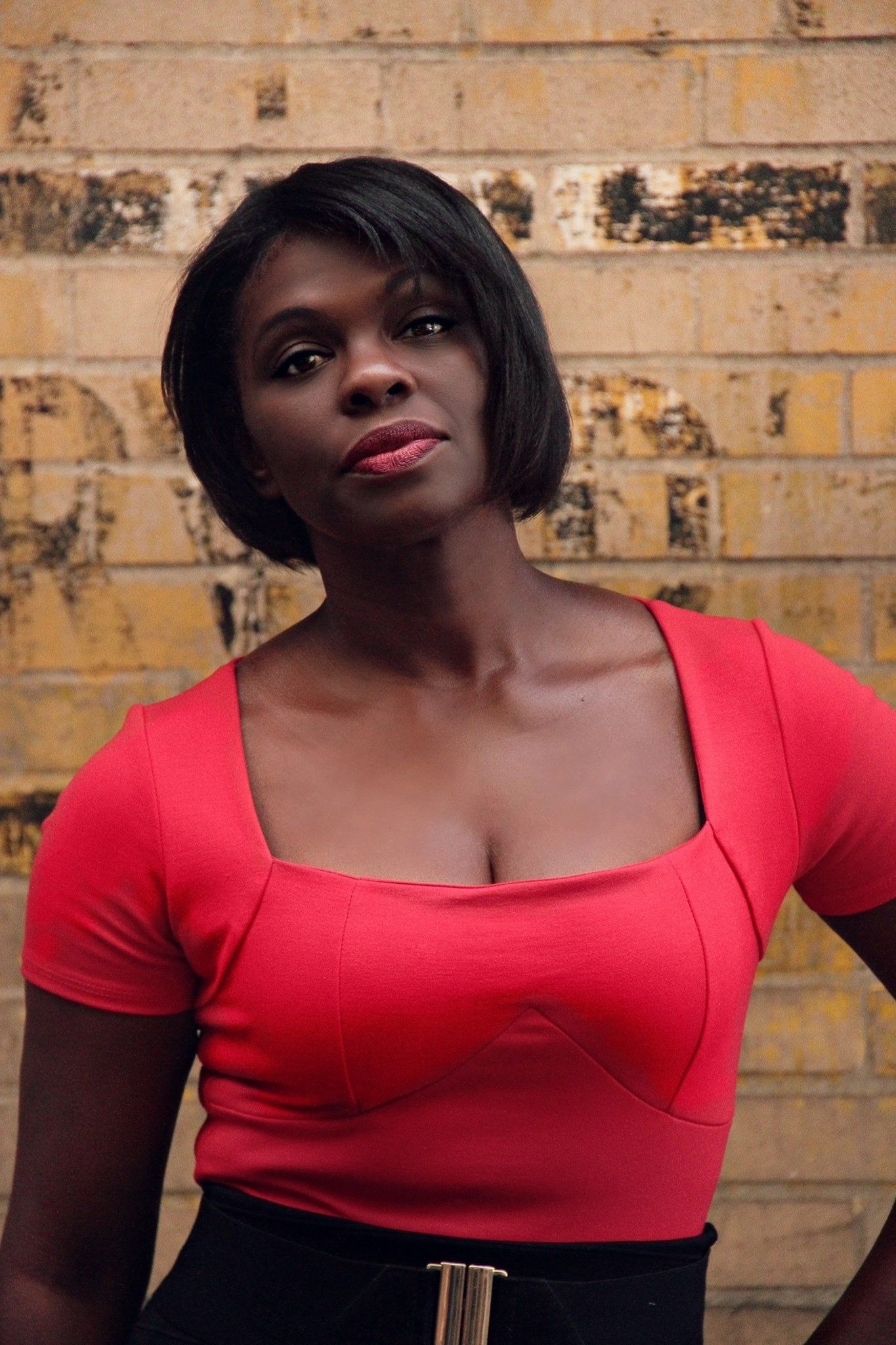
So you mentioned earlier that Ragtime was your first Broadway show. What was that process like?
I got a call out of the below that they were doing a new jazz show going to Broadway. They knew a mutual friend/colleague I had worked with in Joseph and the Technicolor Dream Coat and they were looking for dancers. They said if you get cast you have to live in Toronto for a year - and I just thought - great let’s do it!
So I go to the first audition - back then maybe you’d get the producer and the director at auditions - but this time there were 5 people and then I had 5 callbacks. On the last callback there were 20 people. They had to have risers! The director was so effusive and happy. I remember looking at 20 people - and it was a little overwhelming. It was auditioned by committee. We had the director - assistant to the director - the assistant to the assistant director - it was a machine. But I got the part as a lead dancer.
Then the understudy left to do the Lion King so they asked if I would understudy - I was loving being a lead dancer - but I went and sang my heart out anyway and I got the understudy role too. Then there were more committees - in one understudy rehearsal I had 8 people telling me where to turn my head!
How did it feel being on Broadway for the first time?
I’ll tell you a story. I remember we were about to go on stage for the first time, and people started waxing poetic and giving these long speeches. Then Judy K went last and just said, “Well, you’re going to spend the rest of your life trying to stay on Broadway or get back.” I thought that was great because she never lied!
(laughter)
Why do you think that Ragtime has stayed so relevant almost two decades later?
In regards to Ragtime - it's a masterpiece. The themes still ring true today - racial reckoning, gender equality, racial equality, economic equality. There are a lot real-life scenarios that are still happening today. Ragtime is both timeless and timely.
What would you say to someone who’s thinking about building a career in theatre but they are on the fence?
You can’t like it. You have to love it. Because getting into theater or any art is a marriage. Sometimes it’s 50/50, sometimes it gives, sometimes it takes. It’s the love that keeps it going. I can do a lot of things - even when I had to have a survival job. I used to do a lot of exec. admin work but I loved it, because putting on the suit was a role to me, and I find art in everything.
Be honest to the degree you want to do it. You can live a full life in community theatre. One the actors in a show I was involved with recently was a full blown doctor, but after 5:00 he’s a full blown actor in community theatre and he finds it very fulfilling.
What do you have to say to the CCTeens performing Ragtime this weekend?
I think it’s great because it’s not just another show. Ragtime is iconic - and I love that young people are stepping in big shoes because it will teach them to walk tall.
Monica, thank you so much again for making time for us!
Thank you for having me!






